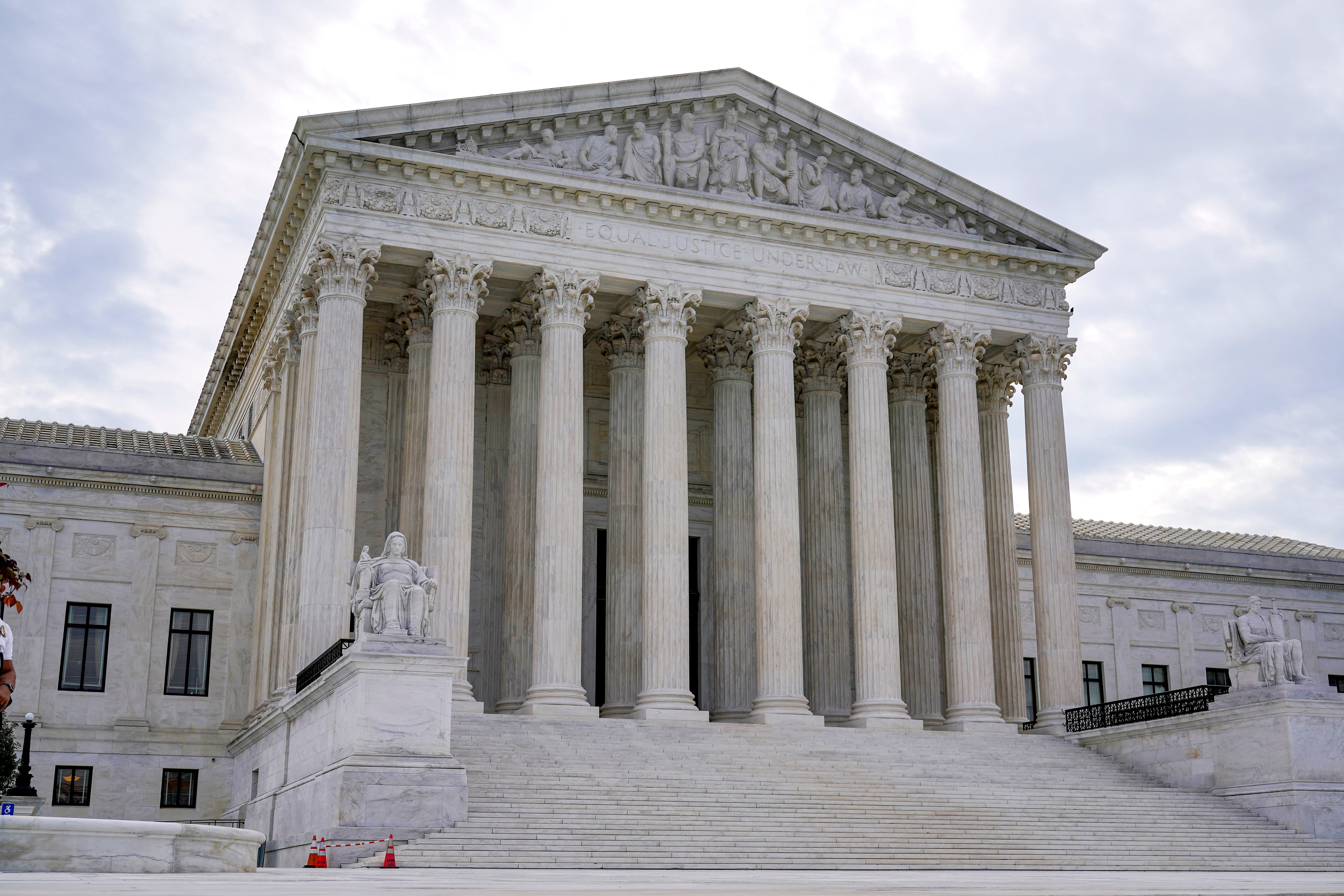Supreme Court could OK new defense of Kentucky abortion law
The Supreme Court seems inclined to allow Kentucky’s Republican attorney general to continue defending a restriction on abortion rights that had been struck down by lower courts

Your support helps us to tell the story
From reproductive rights to climate change to Big Tech, The Independent is on the ground when the story is developing. Whether it's investigating the financials of Elon Musk's pro-Trump PAC or producing our latest documentary, 'The A Word', which shines a light on the American women fighting for reproductive rights, we know how important it is to parse out the facts from the messaging.
At such a critical moment in US history, we need reporters on the ground. Your donation allows us to keep sending journalists to speak to both sides of the story.
The Independent is trusted by Americans across the entire political spectrum. And unlike many other quality news outlets, we choose not to lock Americans out of our reporting and analysis with paywalls. We believe quality journalism should be available to everyone, paid for by those who can afford it.
Your support makes all the difference.The Supreme Court on Tuesday seemed inclined to allow Kentucky s Republican attorney general to continue defending a restriction on abortion rights that had been struck down by lower courts.
The underlying issue in the case that was argued at the high court Tuesday is a blocked Kentucky law that abortion rights supporters say would have effectively banned a standard abortion method in the second trimester of pregnancy.
But what is before the justices is a highly technical examination of whether Attorney General Daniel Cameron can intervene in the case, after rulings from a trial court and appellate panel, as well as Democratic Gov. Andy Beshear’s decision to drop the case.
“Why can't he just come in and defend the law?” Justice Stephen Breyer asked, seemingly reflecting the consensus view on the bench. The word “abortion” was only mentioned infrequently in the course of 70 minutes of arguments.
Chief Justice John Roberts said that once Beshear's administration determined it would not file any additional appeals, “maybe Kentucky ought to be there in some form.”
The law was adopted in 2018, when Republican Matt Bevin was governor. Following a lawsuit by abortion providers, a trial court permanently blocked the law, finding it would have made it impossible to perform the abortion procedure known as dilation and evacuation. A panel of the 6th U.S. Circuit Court of Appeals upheld that ruling in June 2020.
Five days later, the Supreme Court ruled 5-4 to strike down an unrelated Louisiana law regulating abortion clinics. But Cameron, who became attorney general in 2019, said the reasoning used by the high court called into question the ruling against the Kentucky law.
The appeals court, however, rejected his efforts to intervene, prompting his appeal to the Supreme Court.
If Cameron is allowed to take part, he could ask the full appeals court to reconsider the panel decision and allow the law to take effect. If he loses there, Cameron could appeal to the Supreme Court.
The case is separate from the court's consideration of Mississippi's call to overrule Roe v. Wade and Planned Parenthood v. Casey, the two cases guaranteeing woman's right to an abortion nationwide, and allow states to set their own rules. Kentucky is among a dozen states with a law that would effectively ban abortions in the event Roe and Casey are jettisoned.
Justice Brett Kavanaugh was in the courtroom Tuesday for the first time in the new term. Kavanaugh took part in arguments remotely last week after a positive test for COVID-19. The court said he had shown no symptoms. All the justices are fully vaccinated against the virus.